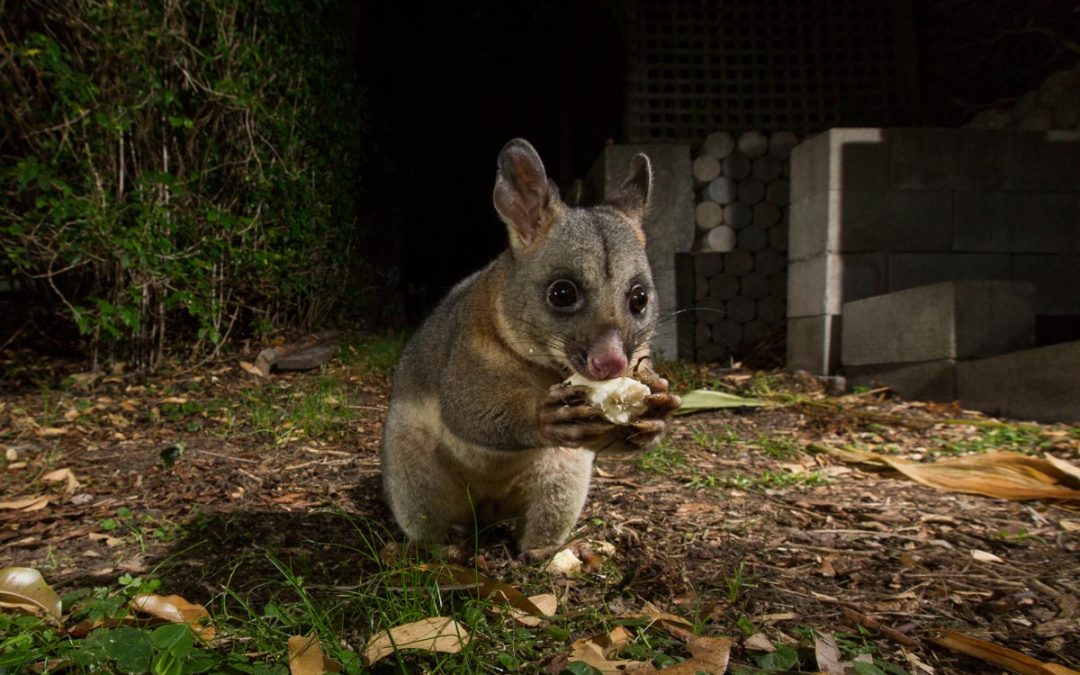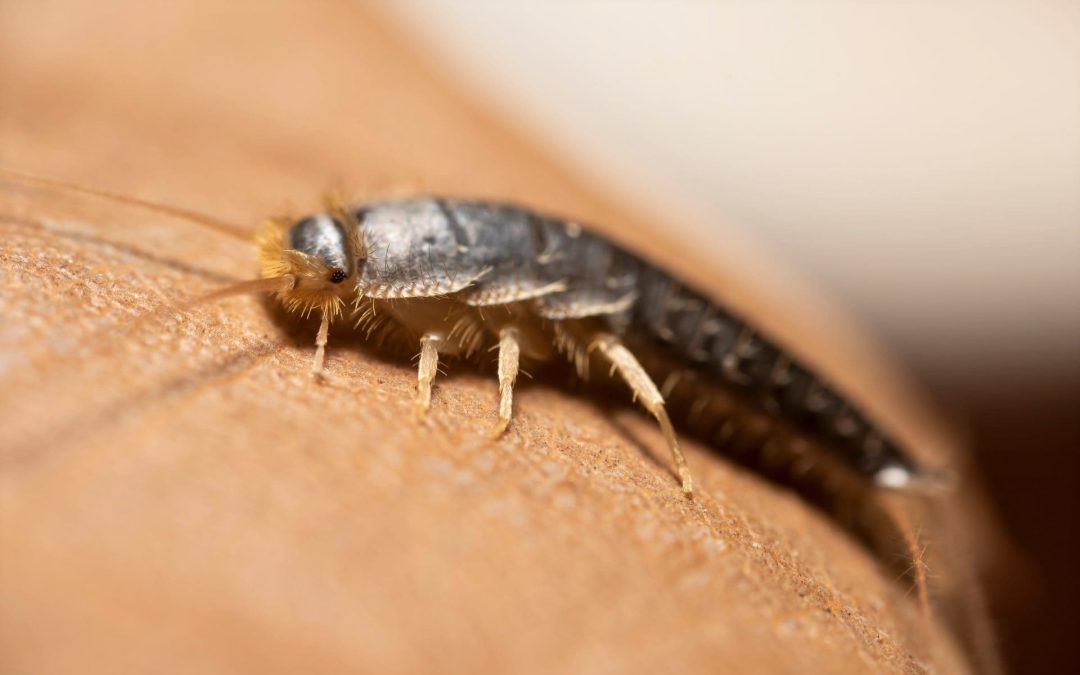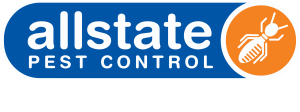
ARE THE NOISES IN YOUR ROOF POSSUMS OR RODENTS?
ARE THE NOISES IN YOUR ROOF POSSUMS
OR RODENTS?
Are you hearing noises in your roof at night? Chances are, it’s either pesky possums or rodents.
You might never get a chance to see them, but they can make a mess around your home, damage your property and spread germs everywhere.
Avoid losing sleep every night from uninvited guests in your roof by reading through our guide on how to tell whether it’s possums or rodents (or both!).
What questions will this article answer?
Why are there possums and rodents in the roof?
Possums and rodents will enter your roof space as they look for a place to shelter and nest.
Problems caused by possums and rodents
They are noisy at night, spread diseases and cause property damage, which can lead toelectrical and fire hazards.
How to tell the difference between possums and rodents in your roof
You can compare the noises you hear, types of movement, urine odour, droppings, gnaw mark and nesting behaviour.
How to prevent possum and rodent outbreaks in your roof
We recommend regular yard maintenance, sealing off entry points, using repellents, removing food sources and inspecting less frequented areas.
Professional possum and rodent removal from your roof space
Our technicians will identify and seal off entry points to your roof and set rodent baitingstations, or install possum traps.
Choose Allstate for effective and long-lasting protection from possums and rodents
Choose Allstate for effective and long-lasting protection from possums and rodents
Why are there possums and rodents in the roof?
Possums and rodents will enter your roof space as they look for a place to shelter and nest. This can happen all year round, but particularly in winter for rodents, to escape the cold weather
In built up metropolitan areas, there are less trees, so this means that there is more competition for possums for important resources such as food and physical protection, making your roof space a very appealing option.
With rats able to squeeze through tiny openings, and both possums and rats having sensitive noses that can sniff out food sources in your kitchen, it’s often quite easy for them to find their way inside to make a mess and cause a nuisance.
Problems caused by possums and rodents
As nocturnal creatures, possums and rodents are more active just as you and your family are winding down to sleep. Besides being a noisy distraction, they can make a mess around your home or business as they look for food, leaving crumbs and damaged packaging behind.
With their unhygienic scavenging behaviour, possums and rodents can pick up a range of germs and bacteria in their furry coats and spread these around your home, leading to contamination and putting you and your family at risk of falling ill.
They have sharp teeth which can chew or gnaw at your property and belongings, causing expensive damage. At worst, they can chew through insulation and electrical wiring and fixtures, leading to electricity disruption, shock or even a fire hazard.
To make things worse for businesses, having a possum or rodent outbreak can even result in health and safety breaches. This can affect your reputation and turn away clients and customers.
Manage possums and rodents fast. Speak to an expert today.
 or
or
How to tell the difference between possums and rodents in your roof
Without climbing up to the roof to take a look, it can be tricky to know if you’ve got possums or rodents running around inside your roof. Here are some ways to help you discover which pest is keeping you awake at night:
Noises
Possums usually make hissing, screeching and coughing noises. They may even squeal when they are fighting or mating. Rodents will sound squeakier and more high pitched.
Movement
Since possums are larger and heavier than rodents, they will make louder thudding or even banging sounds as they move around, compared to rodents, which are smaller and lighter, and make scampering or scurrying noises.
Urine odour
Possum urine gives off a strong ammonia-like scent, and left in large puddles. Rodent waste leaves a sour, musty smell behind.
Droppings
Possum droppings are dark coloured, cylindrical shaped, and longer than 15mm. Rodent droppings are similar shaped, resembling black grains of rice, and are smaller on average. Mouse droppings are usually around 3-5mm long and rat droppings can be 12-18mm long.
Gnaw marks
With their continuously growing teeth, rodents are constantly looking for things to chew. You may notice more gnaw marks to walls, electrical cables, pipes and timber structures and various other items with a rodent rather than a possum outbreak.
Nests
Rat nests are constructed from various material scraps such as paper, wood, cardboard and fabric offcuts. Possums prefer to build nests made out of bed down, leaves and insulation, or may not need a nest at all.
How to prevent possum and rodent outbreaks in your roof
We have some simple suggestions for you to possum and rodent proof your roof
Yard maintenance
Reduce access to your home by trimming back overhanging tree branches and foliage that grow near your property. This includes bushes, shrubs and creepers. Remove piles of organic matter.
Seal off entry points
Inspect your building for possible access points on a regular basis and proof them off. Repair all dislodged roof tiles. Install barriers, mesh or screens over water tank openings, vents and chimneys. You can also fit seals around doors and windows.
Repellents
It’s useful having a pet such as a dog or cat, which possums and rodents consider to be predators. However, you can also install motion-sensitive sprinklers and lights to scare them away. With their sensitivity to strong smells, you can also scatter natural deterrents such as mothballs, garlic, essential oils and cassia chips around your yard and building.
Remove food sources from your home and yard
It’s important not to feed the possums and rodents if you want to discourage them from entering your yard. Dispose of potential attractants including pet waste and fallen fruit and vegetables from your yard. Always keep food stored away in sturdy containers. Check that bins, compost and rubbish are tightly sealed and secured. Keep pet food and water bowls indoors or covered properly. If you have outdoor dining areas, make sure that they are clean and there are no food scraps or spills.
Regularly inspect and clean less frequented areas
Rodents are clever at finding places to hide away, nest and breed, and it’s usually in places that are not used often, such as sheds, basements and garages. Reduce unwanted items and clutter if possible.
Professional possum and rodent removal from your roof space
At Allstate, we understand how confusing it can be to tell the difference between possums and rodents when it comes to pests in the roof. In fact, it’s possible to have both of them up at the same time, just to add to the chaos!
That’s why having a professional inspection is the best way to go. At Allstate, our technicians understand the characteristics of rodent and possum behaviour to come up with a government-compliant treatment plan that offers long-lasting protection
Humane possum removal
We’ll identify and seal off entry points to your roof and set out a trap to capture all the pesky possums that are nesting in your roof. From here, they’ll be safely moved to their new home, which is a cosy box set up on a nearby tree.
Possum removal permits
Getting rid of possums isn’t quite as simple as setting up a DIY trap, as they are considered to be protected wildlife in South Australia
At Allstate, our technicians have a Trap and Release Permit issued by the Department for Environment and Heritage. This means that we have permission to catch possums and relocate them within a 50 metre radius.
Rodent prevention
Similar to possum removal, we resolve rodent outbreaks by proofing off potential access points inside your roof. Our technicians will then install a rodent baiting system around your property
We use lockable, tamper-proof bait stations which contain a targeted rodenticide. These are safe to be used in the presence of children and pets.
We will regularly monitor and replenish these bait stations to make sure that the outbreak is managed quickly, but you’ll often need to wait for up to 2 weeks to start noticing a significant reduction.
Commercial and industrial integrated pest management programs
At Allstate, we make it easy for busy facility managers to keep all pests away from your business, including possums and rodents. For over 35 years, we have used a proven approach to successfully keep pests out of commercial and industrial facilities of all sizes. You can stay compliant with health and safety standards with our up-to-date pest control technology.
Contact us today to learn more about our comprehensive integrated pest management programs
Choose Allstate for effective and long-lasting protection from possums and rodents
For many of us, hearing possums and rodents causing a racket in your roof can be an unnecessary distraction, especially around bedtime!
To minimise the disruption to you and your family, our technicians are fully equipped to tackle any possum and rodent outbreaks in all suburbs of Adelaide, for residential, commercial and industrial settings.
Available 24/7 for urgent callouts, we use modern, humane innovative treatments that are compliant to council regulations and non-toxic to children, pets and the environment.
We offer a 100% satisfaction guarantee and competitive warranties on all our services, plus payment plans if needed. So, don’t hesitate to reach out for fast and long lasting solutions to any of your possum and rodent problems today.







